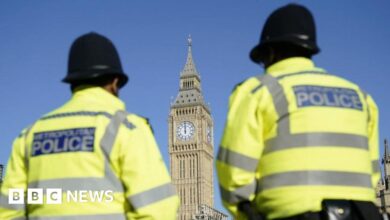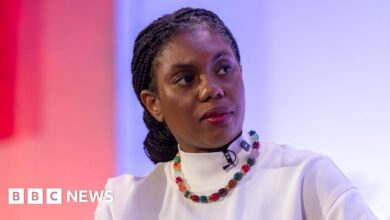BBC chairman Samir Shah calls for end to ‘really odd’ 10-year royal charter cycle
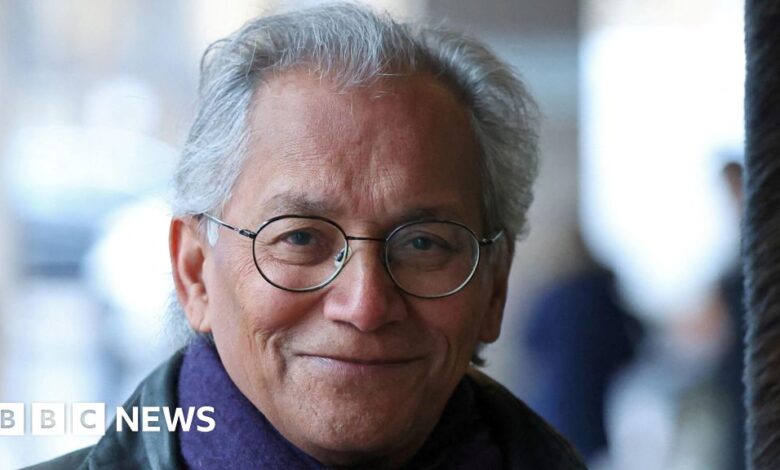
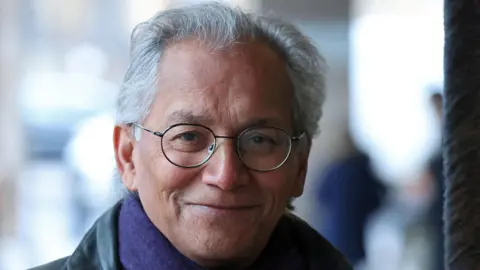 Reuters
ReutersThe system of renewing the BBC’s royal charter every 10 years is “really odd” and should be scrapped, the broadcaster’s chair has said.
The charter, drawn up by the government, sets out the terms and purposes of the BBC’s existence and normally lasts for about a decade.
Samir Shah said that means the corporation goes through a “cycle of a root and branch of review of everything we do, including our own existence, which is not necessary”.
Other organisations like the British Council and the Bank of England don’t have a set duration and “we should be like every other royal charter”, he said.
A government spokesperson said the BBC had been “effectively supported by regular charter renewals” for a century.
Dr Shah was speaking after delivering his first major speech since becoming BBC chair in March.
“Don’t you think it’s really odd that of all the organisations created by a royal charter, and there are over 1,000 of them, we’re the only ones that have got a time limit on it?” he told BBC News.
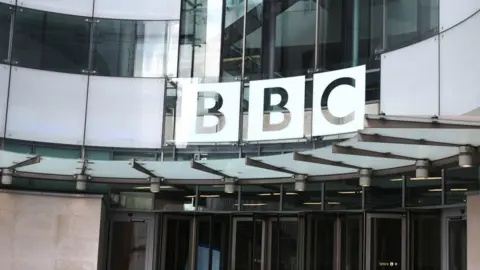 Getty Images
Getty ImagesThe government recently spent 18 months carrying out a mid-charter review of the BBC, and Dr Shah said the two sides would soon spend two years discussing the current charter’s renewal before it expires in 2027.
“We’re in constant dialogue about the very existence of the BBC, we’ve had a root and branch review of everything we do,” he said.
In the speech in Leeds on Tuesday, he said there was “an almost perpetual government review over the BBC”.
He suggested making the charter permanent or drawing up new legislation as an alternative way to formalise the BBC’s existence.
“Clearly either of those two approaches would involve finding new ways of reviewing the BBC’s performance and holding the BBC to account,” he said.
Any indefinite charter or legislation could be revoked in the future if necessary, he said.
A spokesperson for the Department for Culture, Media and Sport said: “The government wants to secure the BBC’s future so that it can continue to thrive and do its vital work.
“We have been clear that to maintain the BBC as an institution, it must be accountable to those who fund it – the British people.
“The BBC is our national broadcaster, paid for by the licence fee payer, and for the last century it has been effectively supported by regular charter renewals.”
‘The fight is on’
Discussions with the government ahead of the next charter renewal will be approached “constructively and with an open mind”, Dr Shah said.
And “reforming the licence fee, replacing it, or coming up with a whole new mechanism” of funding all remain on the table.
However, the BBC chairman said he doesn’t support subscription and advertising as possible future funding models because neither “pass the test” for a universal, public service BBC as they shift the priority from serving audiences to profiting from them.
In his speech, Dr Shah also said public service broadcasters (PSBs) like the BBC were a “very British success story”, but that ministers must ensure they do not become a thing of the past.
He said “the fight is on” for the future of public service broadcasting amid growing competition from streaming.
“Action is now needed to future-proof PSBs, otherwise our very British success story will be part of our halcyon past,” he said.
ITV, Channel 4, Channel 5 and S4C are also classed as public service broadcasters.


